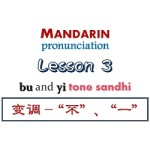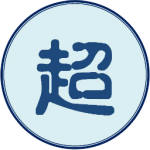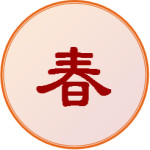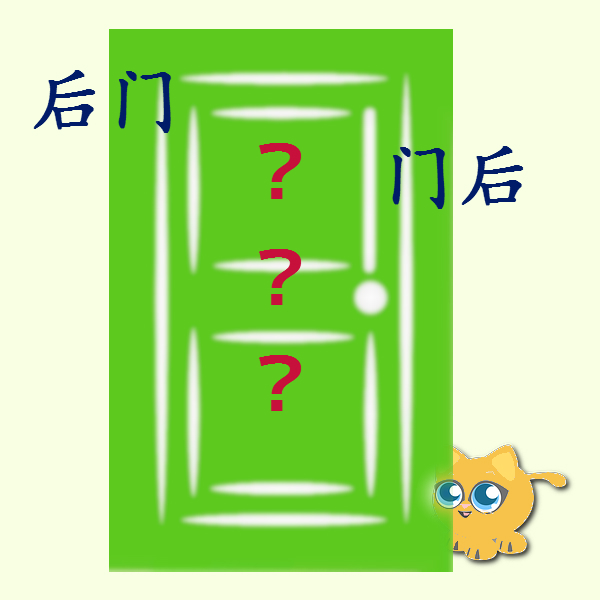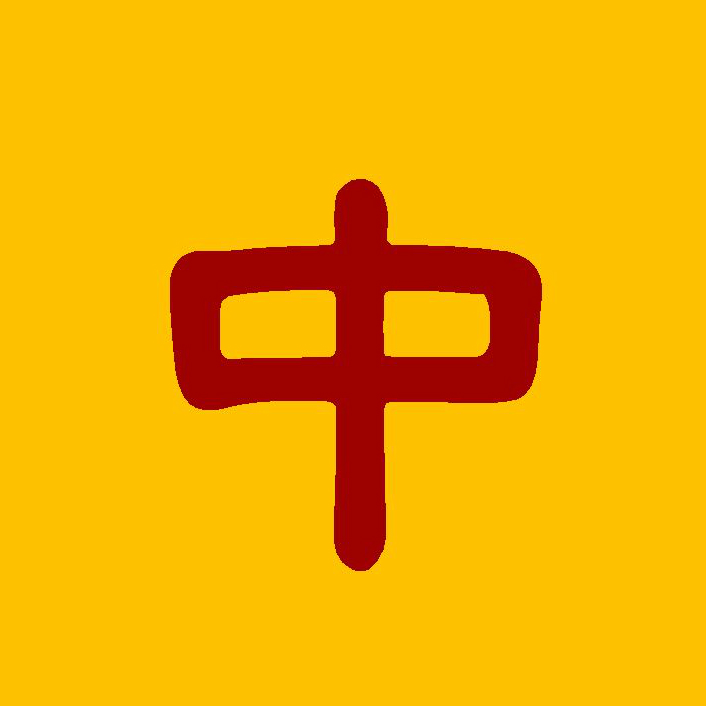Chinese Family Relationship Terms
Perhaps it can be said that “輩分” (bèifen) which means something like seniority or status in the family, is the core of the family system. This is not confined to just the nuclear family, but also to the whole extended family, which of course can be absolutely gigantic. Everybody has a ‘status’ in their family, and the designation gives a ‘direction’ as to how one acts with respect to the other person.
That names of relatives can be so specifically designated might seem mind boggling, but this can be simplified into 3 components. First, the name tells us the gender of the relative. Second, it defines whether the relative is higher or lower than you in the family hierarchy. Third, it reveals whether the relative is from the father’s side or from the mother’s side. (If you scrutinize the examples below, you will realize that strictly speaking this is not the case all the time, but for simplicity’s sake let’s put it this way.)
Alright, so here’s a list of the most common family terms.
Nuclear Family
Grandparents
grandfather
07 yeye
yéye
爷爷/
08 gonggong
gōnggōng
公公/
09 agong
āgōng
阿公
grandmother
10 nainai
nǎinai
奶奶/
11 popo
pópó
婆婆/
12 ama
āmà
阿嫲
grandfather
13 laoye
lǎoye
老爷/
14 waigong
wàigōng
外公
Uncles/ Aunts
uncle (father’s older brothers)
17 bobo
bóbo
伯伯
uncle (father’s younger brothers)
18 shushu
shūshu
叔叔
aunt (father’s sisters)
19 gugu
gūgu
姑姑
uncle (mother’s brothers)
20 jiujiu
jiùjiu
舅舅
Cousins
cousin (father’s brothers’ sons, older than oneself)
23 tangge
tánggē
堂哥
cousin (father’s brothers’ daughters, older than oneself)
25 tangjie
tángjiě
堂姐
cousin (father’s brothers’ sons, younger than oneself)
24 tangdi
tángdì
堂弟
cousin (father’s brothers’ daughters, younger than oneself)
26 tangmei
tángmèi
堂妹
cousin (father’s sisters’ sons, older than oneself)
27 biaoge
biǎogē
表哥
cousin (father’s sisters’ daughters, older than oneself)
28 biaojie
biǎojiě
表姐
cousin (father’s sisters’ sons, younger than oneself)
29 biaodi
biǎodì
表弟
cousin (father’s sisters’ daughters, younger than oneself)
30 biaomei
biǎomèi
表妹
cousin (mother’s siblings’ sons, older than oneself)
27 biaoge
biǎogē
表哥
cousin (mother’s siblings’ daughters, older than oneself)
28 biaojie
biǎojiě
表姐
cousin (mother’s siblings’ sons, younger than oneself)
29 biaodi
biǎodì
表弟
cousin (mother’s siblings’ daughters, younger than oneself)
30 biaomei
biǎomèi
表妹
As you can see from the list above, it is almost impossible to correctly translate the English terms ‘uncle’, ‘aunt’ or ‘cousin’ into Chinese.
Two crucial points to remember are:
- Cousins can be “堂” (táng) or “表” (biǎo), and this might seem quite confusing at first glance, but differentiating these two apart is pretty straightforward actually – the surname says it all. Cousins from the mother’s side will have different surnames from you, so they all are classified under “表”. (Of course, by some stroke of fate your mother’s sister’s husband might have the same surname as your father, but that’s pure coincidence, so the offspring of their children will still be “表”.) On the father’s side, things can get a little tricky. Your father’s brothers’ kids all share the same surname as you, so they are all “堂”. On the other hand, your father’s sisters have different surnames from you (just like your mother’s siblings’ kids), so they all become “表”.
- When there are two or more relatives of a similar relationship, they are marked with “大” (dà: big, first), “二” (èr: two, second), “三”(sān: three, third) to indicate their seniority. For example, “大哥” (dàgē: big brother), “二哥” (èrgē: second brother), “三哥” (sāngē: third brother).
It is a pity though that, because of the one child policy in China today, Chinese people in future will most probably be far from familiar with these terms. There also seems to be a decline in appreciation for such terms even among those Chinese with many relatives, for example, in countries like Singapore where there is strong Western influence. For some, it seems that not only is it much simpler without any term designation, it also signifies in some sense greater equality. Personally, these terms evoke in me a strong sense of kinship, and to me it is definitely more endearing to call my elder sister “大姐” (dàjiě: big sister) , and to be called “二姐” (èrjiě: second sister) by my younger siblings.
What do you think? Do share your thoughts from a foreigner’s perspective!



